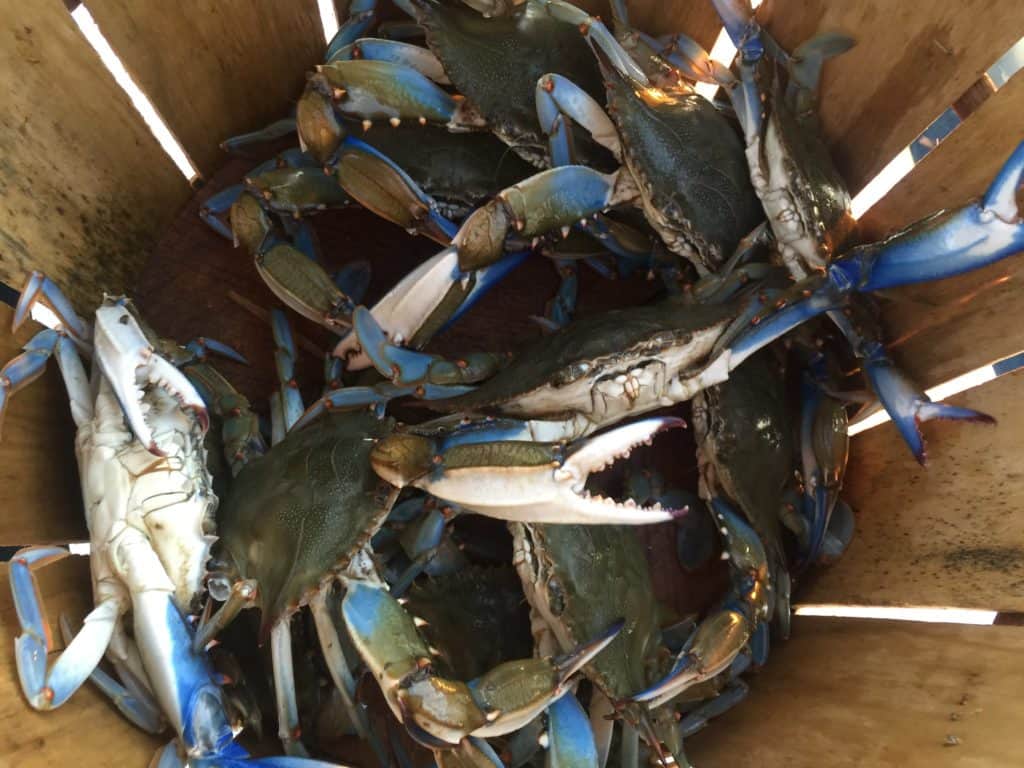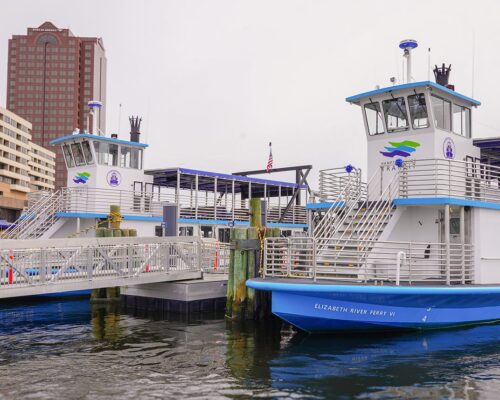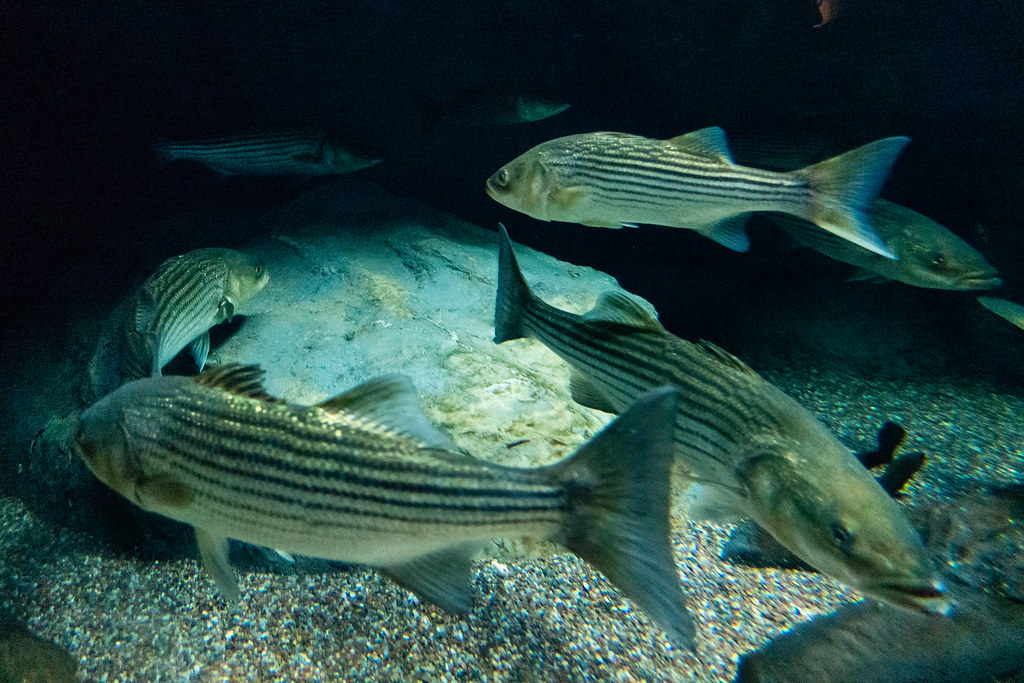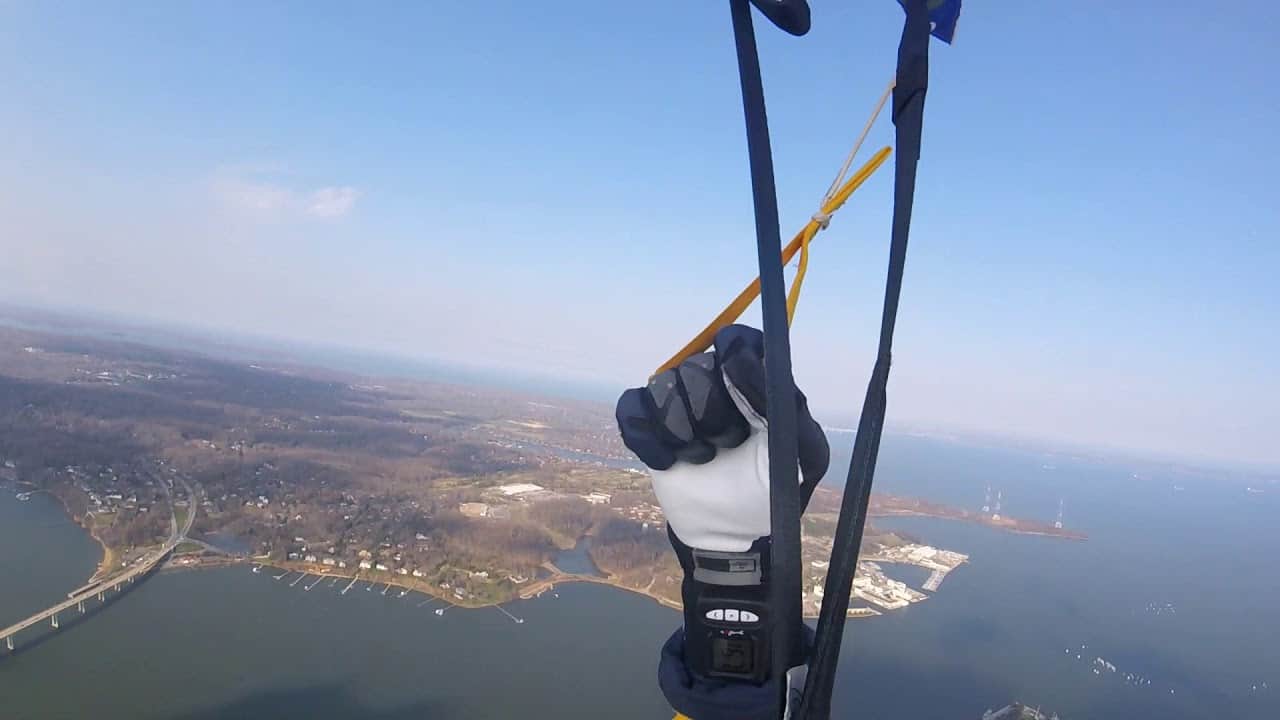After another winter of pleas for more temporary worker visas from the Maryland seafood industry, the Department of Homeland Security (DHS) has promised to release an additional 35,000 H-2B visas nationwide for the second half of fiscal year 2022.
The announcement came on March 31, the eve of the crab season kickoff. Prior to the announcement, only 66,000 of the worker visas were released through a lottery system. Only one out of 10 Hooper’s Island packing houses got lucky in the lottery, and the rest likely wouldn’t have the work force to open for the season.
U.S. Senators Chris Van Hollen and Ben Cardin (both D-Md.) spread the good news: more visas will be available. “The small businesses that make up Maryland’s crab and seafood industries are vital to our local Shore economy and our communities. Having a reliable workforce is crucial to their success, and the H-2B visa program is essential to building and maintaining that workforce,” the two senators said in a joint statement.
But seafood industry leaders we spoke to say it’s too soon to know if any of the nine remaining crab processors will benefit from the release of additional visas.
“We should know in a few weeks how we fared in the lottery,” says Jack Brooks, president of the Chesapeake Bay Seafood Industries Association and co-owner of J.M. Clayton Company. Since the visas will be available nationwide, “the odds are still not real favorable,” Brooks tells Bay Bulletin.
And if they do win the lottery, there’s a significant lag time that eats into the crab season already underway. Separate applications are required for the new batch of visas released, and the lottery won’t be drawn until the U.S. Department of Labor certifies the first batch, Brooks explains. He estimates they won’t know for much of April. “If we won the lottery today, we would still wait 5-6 weeks for workers to arrive.”
Brooks reports that crab season is off to a slow start because of the cool early-April weather. And given the small handful of local crab pickers the packing houses have available, he says that’s actually a blessing. They wouldn’t be able to handle a busier crab harvest.
When Bay Bulletin attended a rally in Hoopers Island in February, both Congressman Andy Harris and his political opponent, Heather Mizeur, pointed out the need for a better system for the crab packing plants. But Brooks has seen no traction on moving away from the lottery system, and adding 11th-hour visas just isn’t enough.
“This will in no way to take care of us. It’s putting Band-Aids on this hemorrhaging year after year.”
Senators Cardin and Van Hollen acknowledge that changes to the program are needed: “We’re glad to see them heed our calls to provide these additional visas, and we urge them to get the visas out as quickly as possible to the businesses that need them. Together, we will continue working towards a long-term legislative solution to both uphold worker rights and bring more certainty to this program that Maryland’s seafood small businesses rely on.”
The Delmarva Fisheries Association is also pushing for expansion of the H-2B visa program.
“This visa program is vital but far too often misunderstood. The workers with H2b visas are not illegal immigrants nor do they stay in America permanently after their important work is done. They do not take jobs away from American workers and are fairly compensated for the work they do. Many return to our region every year because they are much needed and greatly appreciated by the seafood processors who use their services,” says Chair Captain Robert Newberry, in statement.
Brooks says some of the families that have come from Mexico to JM Clayton have been coming for at least 20 years.
-Meg Walburn Viviano




